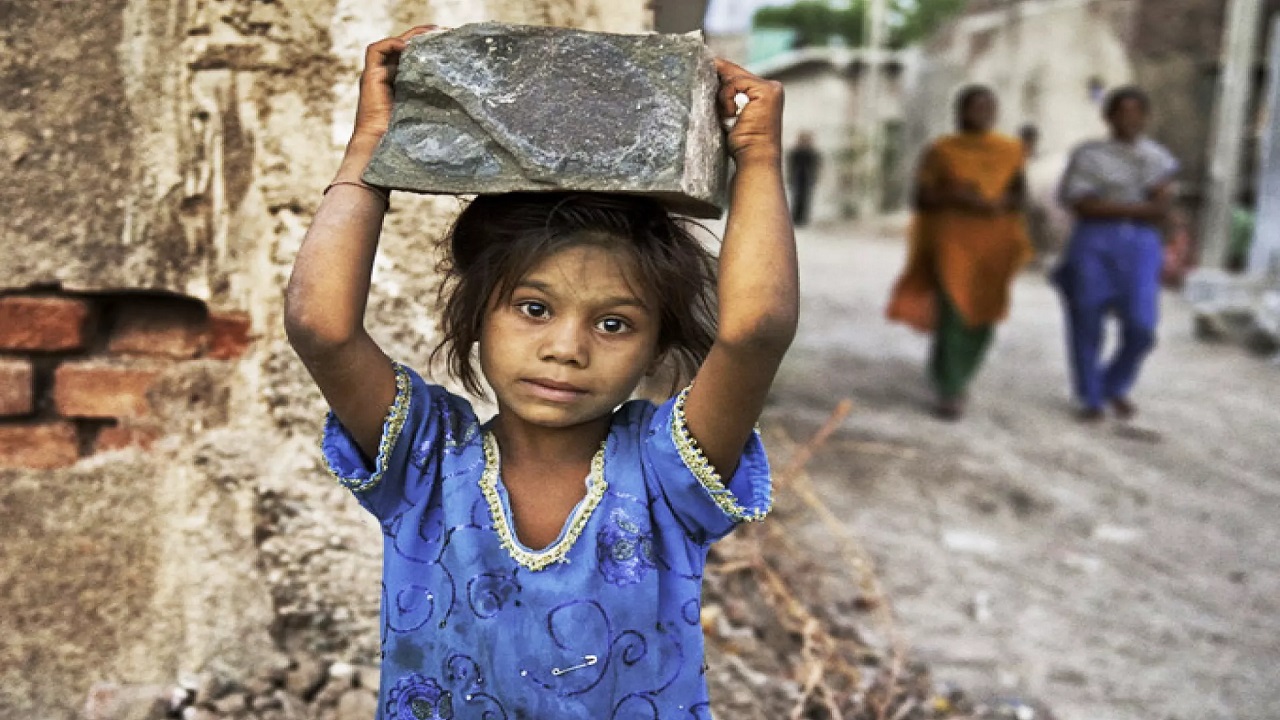Russia's mRNA Cancer Vaccine: A New Hope in Cancer Treatment
Context:
In December of last year, Russia made a significant announcement in the field of cancer treatment. The country revealed it had developed a new mRNA-based personalized vaccine for cancer, which they plan to offer to patients free of charge by early 2025. This vaccine is expected to bring a new dimension to cancer care, as mRNA technology, which became widely known for its use in COVID-19 vaccines, is now being adapted to fight cancer. The announcement was made by Andrey Kaprin, General Director of the Radiology Medical Research Center at the Russian Ministry of Health. In interviews, Alexander Gintsburg, Director of the Gamaleya National Research Center, mentioned that early trials had shown that this vaccine could help suppress tumor growth and prevent metastasis (spread of cancer).
What is an mRNA Cancer ‘Vaccine’?
An mRNA cancer vaccine works by instructing the body’s cells to produce specific proteins, known as antigens, that are found on the surface of cancer cells. These antigens trigger an immune response, essentially training the immune system to identify and attack cancer cells.
How it works:
- The mRNA in the vaccine tells the body’s cells to produce antigens (proteins).
- When the immune system detects these antigens on cancer cells, it can destroy the cancer cells, potentially stopping tumor growth or preventing its spread.
How Do These ‘Vaccines’ Work?
mRNA vaccines are a form of immunotherapy, a type of cancer treatment that uses the body’s immune system to fight cancer. Here’s how immunotherapy, including mRNA vaccines, works:
- Cancer Cells Avoid the Immune System: Cancer cells often develop ways to hide from the body’s immune system, making it difficult for the immune system to attack and destroy them.
- Immunotherapy Helps the Immune System: Immunotherapy boosts the immune system’s ability to recognize and attack cancer cells, even if they have been hiding.
- Advantages Over Traditional Treatments: Unlike chemotherapy, which damages both cancerous and healthy cells, immunotherapy targets only cancer cells, leading to fewer side effects.
Professor M. Manickavasagam, head of oncology at Sri Ramachandra Medical College in Chennai, notes that immunotherapy offers more specific targeting of cancer cells, making it a more effective and less harmful treatment compared to chemotherapy.
Are mRNA Cancer Vaccines the Only Form of Immunotherapy?
No, mRNA vaccines are just one of many immunotherapy approaches to treat cancer. Other forms of immunotherapy include:
- Antibody Therapy: This uses antibodies (proteins that fight infections) to target and neutralize cancer cells.
- CAR T-Cell Therapy: This involves modifying a patient’s own immune cells (T-cells) to better recognize and kill cancer cells.
- Immune Checkpoint Inhibitors: These drugs block certain signals that allow cancer cells to escape the immune system’s attack.
However, mRNA cancer vaccines are personalized treatments designed specifically for cancer patients. Unlike the COVID-19 mRNA vaccine, which is used to prevent disease in healthy people, mRNA cancer vaccines are intended to treat existing cancer in patients. Arvind Krishnamurthy, head of surgical oncology at the Cancer Institute in Chennai, explains that these vaccines are tailored to target specific antigens found on each patient’s unique cancer cells.
Is Russia the Only Country Working on mRNA Cancer Vaccines?
No, Russia is not alone in this research. Many countries are also exploring the potential of mRNA-based cancer vaccines:
- United Kingdom: Last year, the NHS launched a program called the Cancer Vaccine Launch Pad, designed to speed up access to mRNA cancer vaccine trials.
- United States: The global company CureVac announced positive results from its Phase 1 study of a cancer vaccine targeting glioblastoma (a type of brain cancer), showing promising immune responses.
- Global Efforts: More than 120 clinical trials are underway around the world, researching different mRNA vaccines for cancer.
This shows that mRNA technology is being explored globally as a potential breakthrough in cancer treatment.
What Does This Development Mean?
While the idea of an mRNA cancer vaccine is exciting, doctors stress that it is important to understand its limitations:
-
Cancer is Not Caused by a Single Virus: Unlike diseases caused by specific infections (like HPV causing cervical cancer), cancer can arise from many different causes. This means a single universal cancer vaccine is unlikely to exist.
-
Not a Preventive Vaccine: Vaccines like the HPV vaccine (which prevents cervical cancer) and the Hepatitis B vaccine (which helps prevent liver cancer) are preventive. However, mRNA cancer vaccines are treatments for patients who already have cancer. These vaccines help target and treat existing tumors, not prevent cancer in healthy individuals.
-
Ongoing Research: Though mRNA cancer vaccines show promise, they are not suitable for all types of cancer or all patients. The research is still ongoing, and it will take time to fully understand how effective they are across different cancers and populations.
-
Limited Data on Russia’s Vaccine: At present, there is not enough public information on the Russian mRNA cancer vaccine. Typically, a new treatment must undergo multiple phases of clinical trials, which take years to complete. It’s unclear at what stage this vaccine is or how effective and safe it will be.
Conclusion:
The development of mRNA cancer vaccines is a promising breakthrough in cancer treatment. Russia’s announcement of a personalized cancer vaccine has generated hope, but as with all new treatments, more research and data are needed to assess its true potential. While immunotherapy has already shown success in some cancers, it may not be effective for every type of cancer or patient. Ongoing research will determine whether mRNA vaccines will become a mainstream treatment for cancer.
This is a new frontier in cancer care, and while there is still much to learn, it could mark a pivotal moment in the ongoing fight against cancer.




Comments (0)